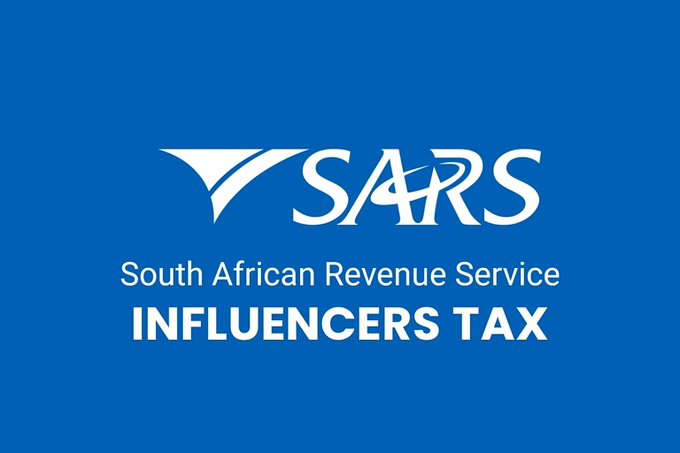- SARS says free products, travel perks, and collaborations count as taxable income.
- Influencers urged to declare all earnings – cash or non-cash.
- Content creators push back, saying the industry is already tough.
SARS Cracks Down on Influencer Income
The South African Revenue Service (SARS) has confirmed that social media influencers will now be required to declare all forms of income whether in cash, clothing, gadgets, sponsored trips, or brand collaborations as part of their taxable earnings.
The tax authority’s segmentation model now includes influencers in addition to high-net-worth individuals, gig workers, and big enterprises, according to SARS Commissioner Edward Kieswetter. The move aims to bring “clarity, certainty, and a seamless taxpayer experience” to this growing digital economy.
According to SARS, influencers are modern entrepreneurs who often operate as sole proprietors or independent contractors. Under the Income Tax Act, any benefit received in exchange for work whether money or gifts is taxable.
“No matter how influencers are paid, it remains their legal obligation to declare everything they receive,” Kieswetter stressed.
Education Before Penalties
SARS insists its focus is not punishment but education. The tax authority has launched videos, webinars, and guides tailored for influencers to help them understand compliance.
Many content creators are expected to fall into the provisional taxpayer category, with SARS using third-party data to assess tax obligations. Kieswetter emphasised that honest taxpayers will be supported but must “uphold their end of the bargain.”
Influencers Push Back
While SARS is firm, the announcement has sparked criticism from several well-known creators. The majority of influencers, according to Lasizwe Dambuza, barely make ends meet.
“Sometimes you spend thousands just to show up, and now even goodie bags are taxable. Instead of making life harder, government should create opportunities for young creatives.”
Goodwill Thomo admitted many influencers probably haven’t been paying taxes.
“Honestly, we’ve just been chowing our money and not filing.”
YouTuber Mandisa Kheswa said many young influencers lack tax education.
“Most influencers are between 13–24 years old. They don’t understand how tax works. Government should use the internet to teach them.”
The Bigger Picture
SARS’s move comes as brands continue to shift advertising spend from traditional agencies to individual digital creators. With the creator economy booming, SARS says it must adapt its compliance models to match the evolving landscape.
Notwithstanding the opposition, the tax administration maintains that influencers are contributing significantly to South Africa’s economy and democracy by paying their due amount, just like all other taxpayers.

